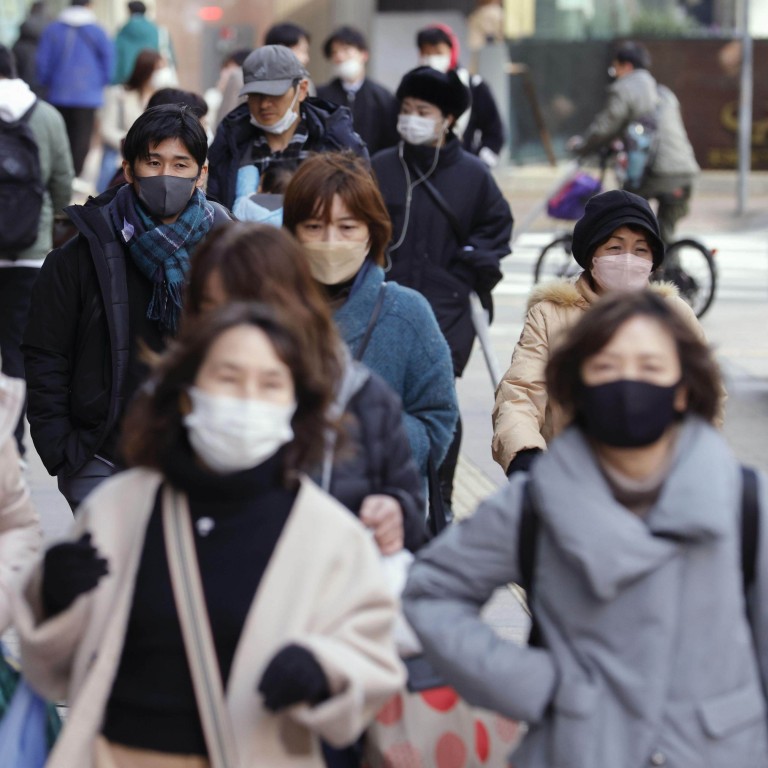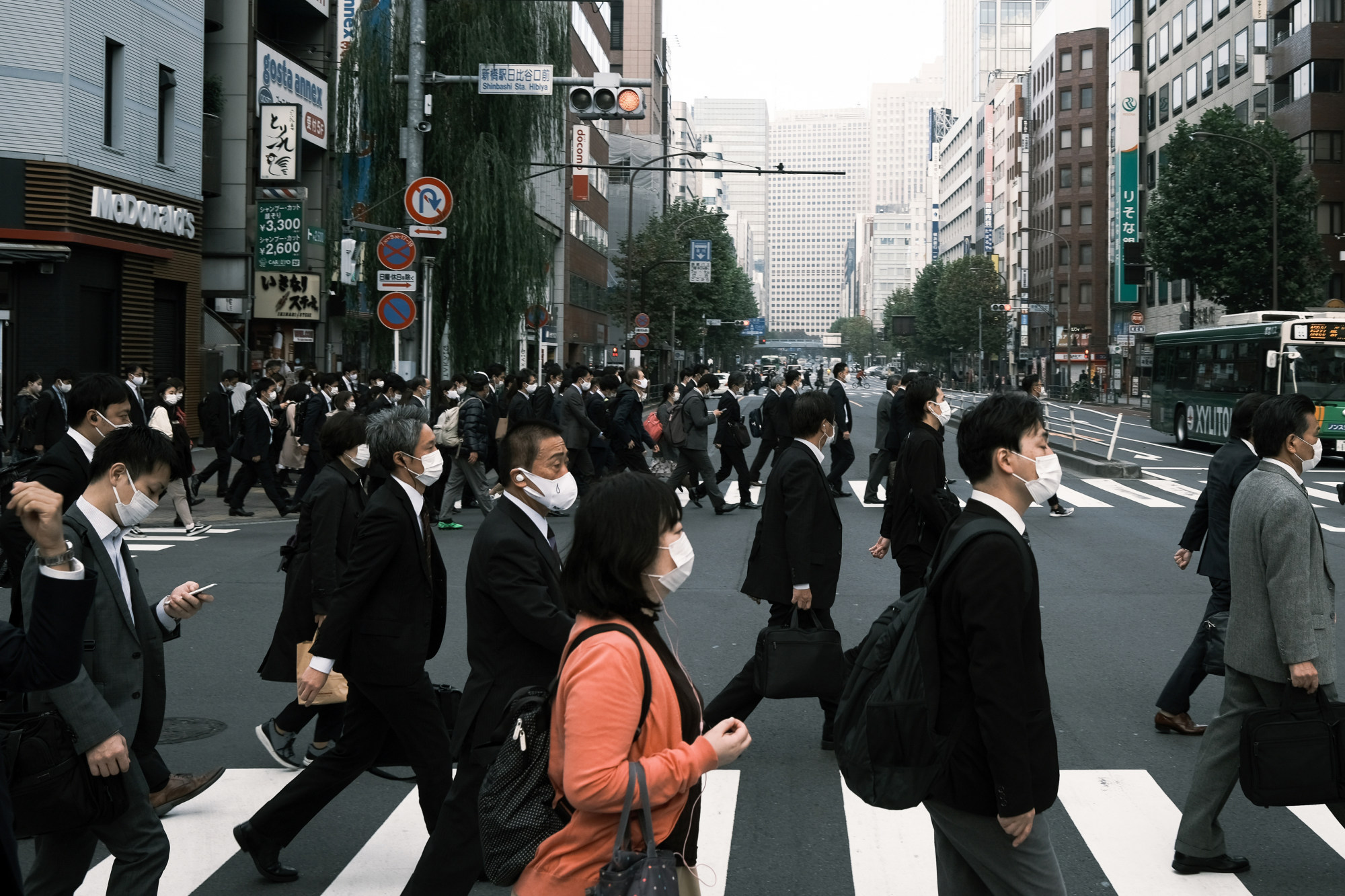
Japan admits it must do more to ease women’s struggle to balance work and family
- Japan ranked 116 out of 146 countries on gender parity in the World Economic Forum’s global report last year, and efforts to promote women in management and government have stalled
- Women find it particularly hard to balance work and household duties, still broadly seen as the woman’s responsibility, forcing many into unstable, lower-paying work
In another index compiled by British magazine The Economist, Japan ranked second from last among developed nations with regard to the role and influence of women in the workforce for the seventh straight year.
Japan’s labour chief wants women to defy social norms to become bosses
The index for 2022, published on Wednesday, assessed working conditions and other factors affecting female participation in 29 of the 38 members of the Organization for Economic Cooperation and Development (OECD). Iceland ranked first, followed by Sweden, Finland and Norway.
Japan ranked 28th and South Korea 29th, both unchanged in the annual survey since 2016, with the magazine noting that women in the neighbouring East Asian countries “must still choose between a family or a career”.
The situation for women, who are trying to balance household and workplace responsibilities is quite difficult in our country
Women in Japan often find it particularly difficult to balance work and household duties, still broadly seen as the woman’s responsibility, forcing many into unstable and lower-paying “temporary” contract work.
“The situation for women, who are trying to balance household and workplace responsibilities is quite difficult in our country and has been noted as an issue,” Japan’s chief cabinet secretary Hirokazu Matsuno said at a regular news conference.
“Based on measures we have taken, jobs for women have increased. But it’s also true that many switch to temporary work when they give birth, and measures to tackle this are still just halfway complete,” he said, adding that he was aware much needed doing in order to change social attitudes about gender.

The head of Japan’s largest federation of labour unions, Tomoko Yoshino, has noted attempts to appoint female leaders meet resistance from men and women who see them as running counter to traditional values.
“The perception that roles should be divided by gender remains strong,” said Yoshino, the first woman to become president of the 7 million-member Japanese Trade Union Confederation, also known as Rengo.
“Even if women are capable, they lack confidence. Men are able to pass as capable, even if they’re not,” she said in a 2021 interview. “I sense that disparity very strongly.”
Why must top women executives choose between work and family?
According to a survey published in the Sankei Shimbun newspaper, 65 per cent of women said they put a low priority on time for themselves in order to fulfil both sets of responsibilities, compared to 42 per cent of men.
Women did 80 per cent of the cooking, compared to 8 per cent of men, and other household chores had a similar weighting. The only job men did more than women was taking out the rubbish, at 49 per cent to 43 per cent.
Additional reporting by Kyodo, Bloomberg

